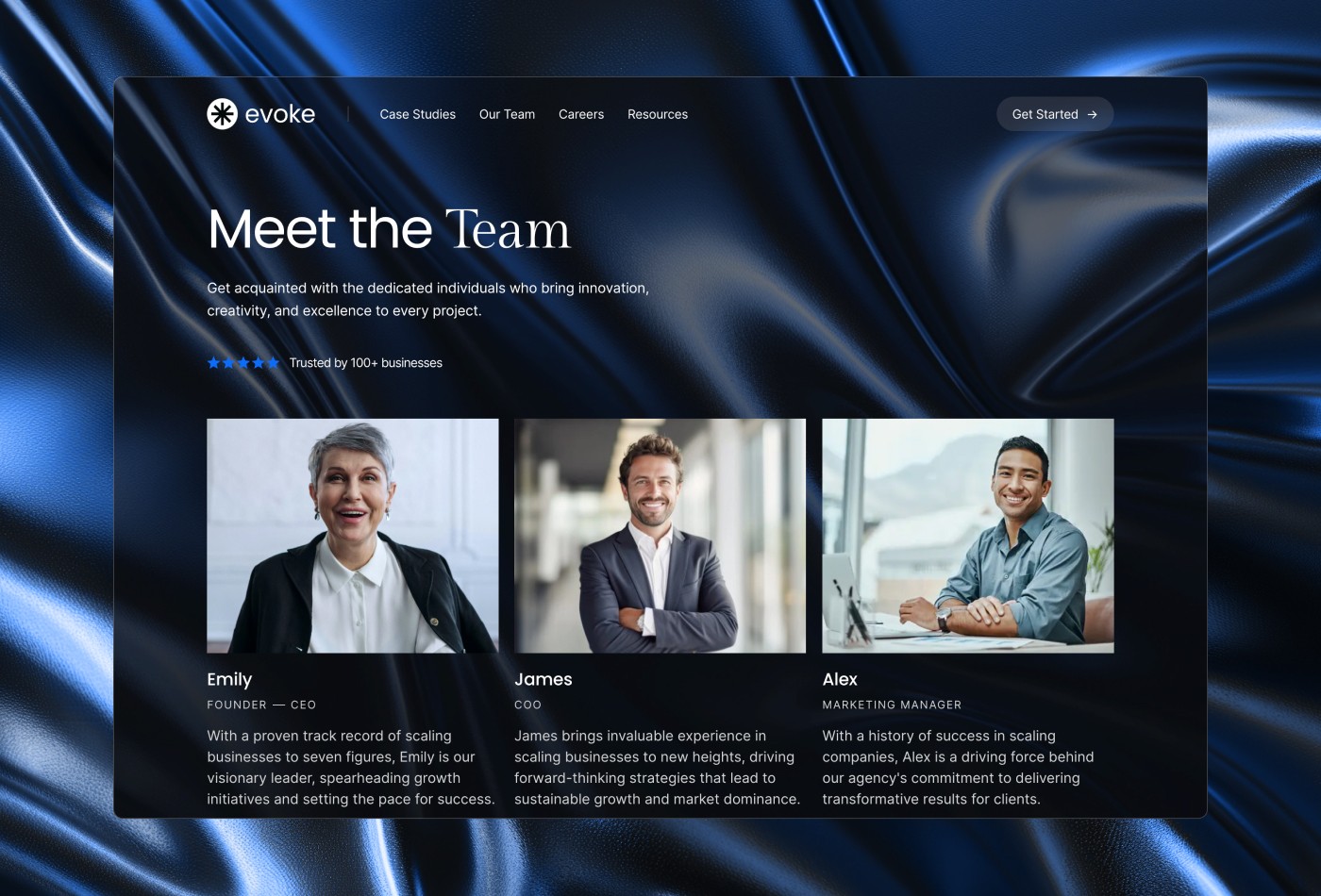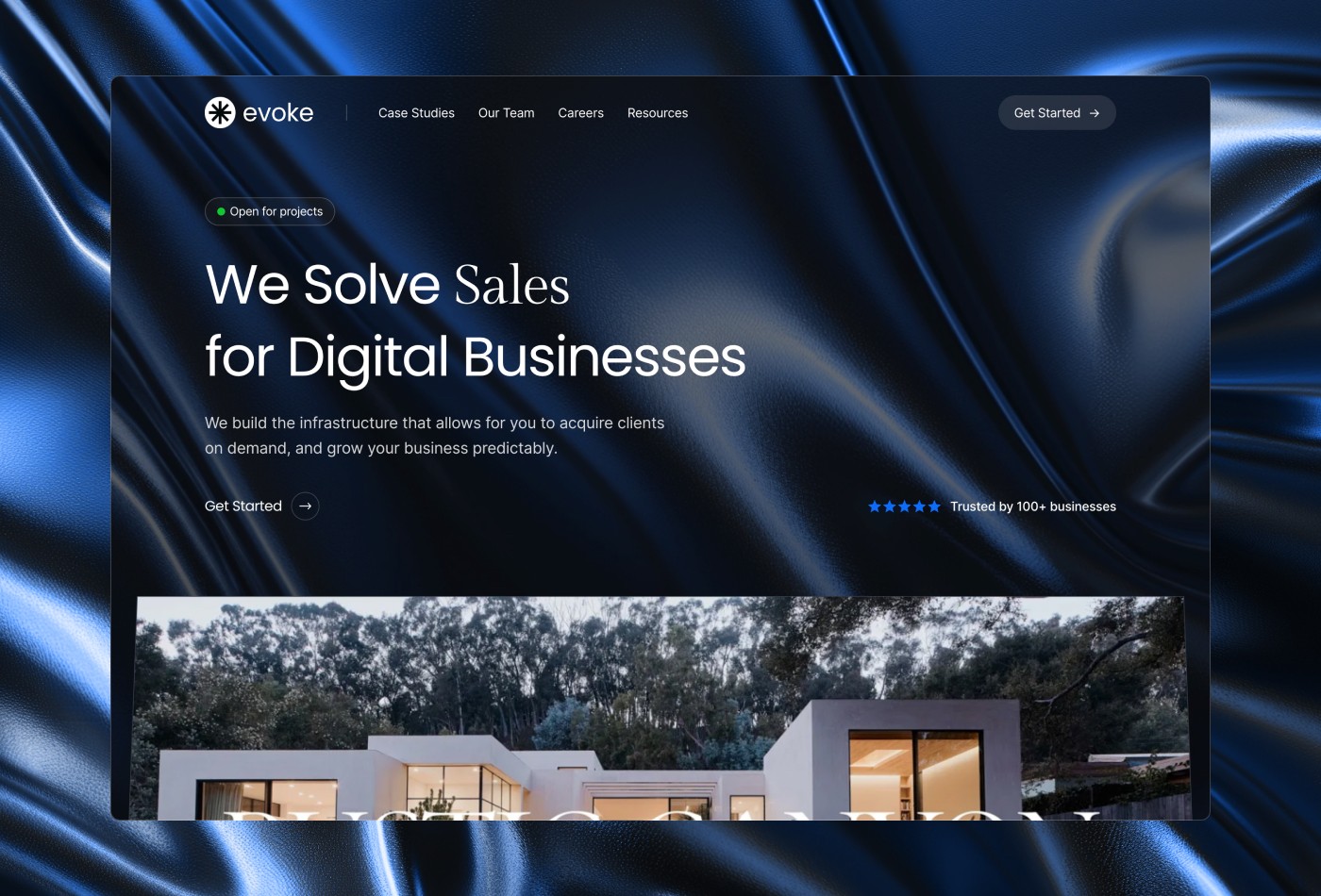Last Edited:
Oct 15, 2024

Visual Identity
A cohesive visual identity is essential for making a memorable first impression. Startups should invest in a distinctive logo, a consistent color scheme, and typography that reflects their mission and values, ensuring that every touchpoint is recognizable. Clear and authentic messaging is vital. Startups need to articulate their mission and values succinctly to resonate with their target audience, including both customers and potential employees. This establishes a strong emotional connection and builds trust. A brand that reflects a positive company culture can attract like-minded individuals. Startups should showcase their values, such as collaboration and innovation, in their branding to appeal to potential talent.
Digital Presence
A robust digital presence is crucial for startups. Key focus areas include social media engagement, where startups can use platforms like LinkedIn, Instagram, and Twitter to share their brand story and showcase their culture. Regular engagement can help attract talent and build a community around the brand. The professional website should serve as the digital storefront, clearly communicating brand values, mission, and available career opportunities, thereby reinforcing the startup's credibility. Additionally, actively managing online reviews and feedback can enhance trust and attract top talent who want to be associated with a reputable brand.
Today's workforce looks for brands that align with their values. Startups that emphasize social responsibility, diversity, and a positive work culture will appeal more to potential hires. Transparency about company goals and growth opportunities is also key to attracting the right talent.
Startups can differentiate themselves by focusing on what makes them unique. Highlighting innovative approaches or exceptional customer service in branding efforts is essential. For instance, a startup that integrates sustainable practices into its business model can attract both customers and talent who value environmental responsibility.
Leverage Technology
Technology opens new avenues for branding. Startups can leverage digital marketing tools and platforms to reach wider audiences and create personalized experiences that resonate with potential employees. Emphasizing a modern work environment through digital communication can enhance appeal.
Story Telling
Storytelling is a powerful way to engage the audience. Startups should share their journey, including challenges and successes, to create emotional connections with potential employees and customers. Brands like Airbnb excel at this by sharing stories of unique travel experiences, helping to build a strong community.
To measure the effectiveness of branding efforts, startups should track employee engagement metrics, as high engagement often indicates a strong brand culture that resonates with talent. Social media analytics, such as likes, shares, and comments, can indicate how well the brand is connecting with its audience. An increase in job applications can signal that the branding strategy is successfully attracting talent.
Trends
To stay ahead of the curve, startups should keep an eye on emerging branding trends. Personalization is crucial, as tailoring branding efforts creates individual experiences that resonate with the target audience. Incorporating sustainable practices into the brand can attract talent and customers who value corporate responsibility. Furthermore, genuine and transparent branding will continue to resonate as consumers and employees seek authentic connections.
I encourage startup owners to critically evaluate their current branding strategies. Reflect on whether the brand effectively communicates its mission and values. Consider reaching out for a brand audit or consultation to refine strategies and enhance market presence.
From my experience working with various startups, I’ve seen how a strong branding strategy can significantly impact market presence. For example, I helped a tech startup redefine its brand to emphasize innovation and employee well-being. This approach not only attracted top talent but also resulted in increased customer engagement and business growth.





